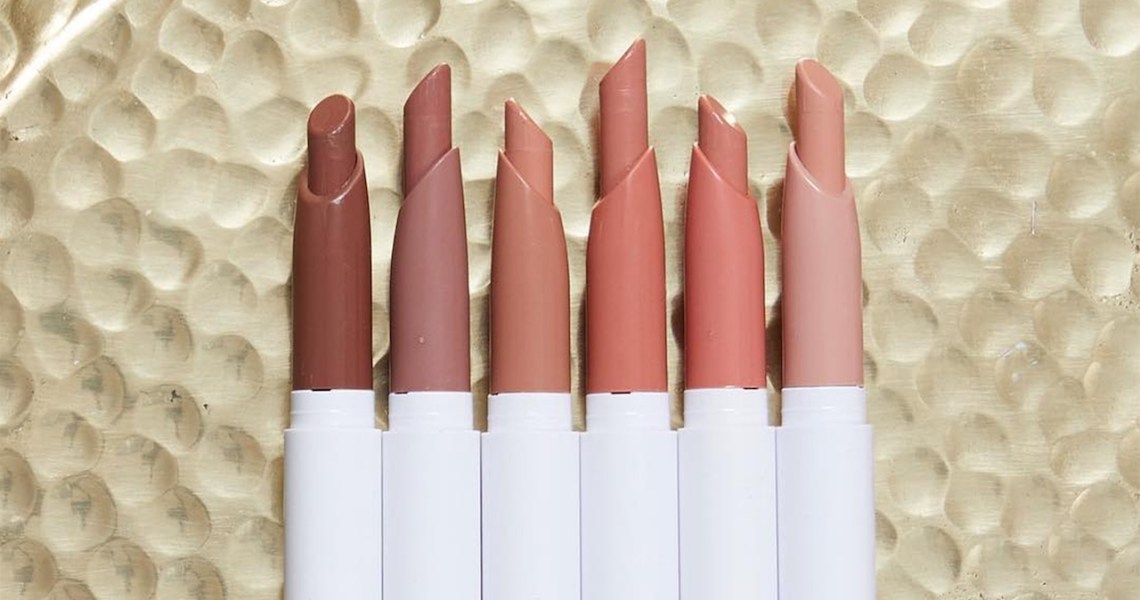Already hit by brick-and-mortar retailer closings due to coronavirus, independent beauty brands in California are now indefinitely halting e-commerce shipments, thanks to state health orders.
California-based brands that announced distribution and fulfillment center closings this week included Kim Kardashian’s KKW Beauty, Kylie Jenner’s Kylie Cosmetics, Jeffree Star Cosmetics, and ColourPop and its skin-care label Fourth Ray Beauty. The executive order issued by California governor Gavin Newsom on March 19 ordered all individuals in the state to remain at home if they don’t work in a sector deemed “critical infrastructure.” The definition of “critical infrastructure” is based on a memorandum from the Department of Homeland Security, which is “advisory in nature” and is not a “federal directive.”
“Due to the current health orders in California, we have temporarily closed our distribution and fulfillment centers,” a notice on ColourPop’s website said. “While our website remains available to accept your orders, we cannot guarantee delivery dates at this time.” The brand is allowing customers to cancel unshipped orders for a full refund. Other brands, like KKW, listed similar policies on their sites and social media accounts in regards to the shutdowns.

Still, some indie brands have found ways to fulfill orders.
Napa-based luxury skin-care label Vintner’s Daughter, which sees 50% of its sales from DTC e-commerce, does not operate a warehouse. It is still shipping with one employee a day, physically taking care of orders.
At a time when fulfillment operations have been severely curtailed, cosmetics brands are seeing demand remain strong.
“At the very beginning of this, we saw people ordering three, four and five bottles at a time,” said Vintner’s Daughter co-founder and CEO April Gargiulo. “I think people were expecting that we wouldn’t be able to ship.”
Shannon Davenport, founder of clean beauty brand Esker, said her West Coast fulfillment has been affected by the California order and that her father is helping by shipping items directly from his home garage. Her company also ships through a third-party warehouse in Chicago, which has not been affected by a “stay at home” order by the governor because the facility fills other products that fall under the essential category.
Many small indie brands operate just one fulfillment and distribution center due to the high cost of keeping inventory in multiple locations, said Maria Haggerty, the owner of Dotcom Distribution.
“People always think, ‘Wow, if I was in New York and California, I could get [products] to customers quicker,’” she said. “And that’s partially true.”
But she says in order to “maintain inventory in multiple locations,” brands “have to have a good predictive model of what’s going to sell where.” This means that only the larger brands with more sophisticated inventory systems are able to do this and therefore, avoid paying extra shipping costs on items in the same order that end up being located in multiple warehouses. Haggerty said that brands “always want to check the box that they have multiple locations, but it does come back down to that cost.”
But operating in multiple U.S. locations may not be the solution for long, as 17 states are now ordering non-essential businesses to close. That number is expected to grow.
As a result, U.S.-based independent brands with the smallest operations may have an advantage. “You can actually be more nimble when you’re really tiny,” said Davenport. “If you can be really scrappy and still ship things from your garage, there’s still hope.”




